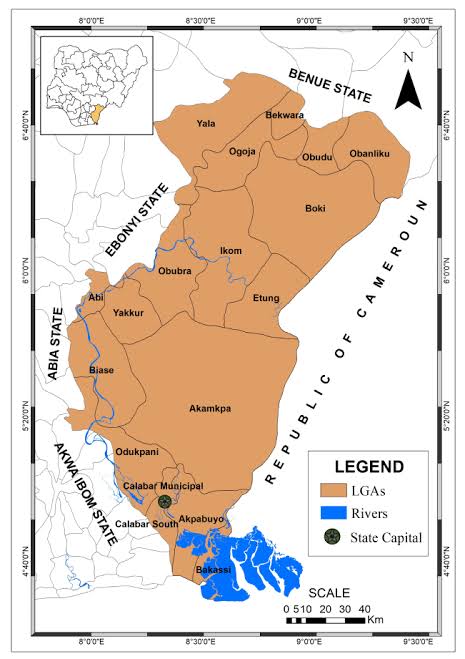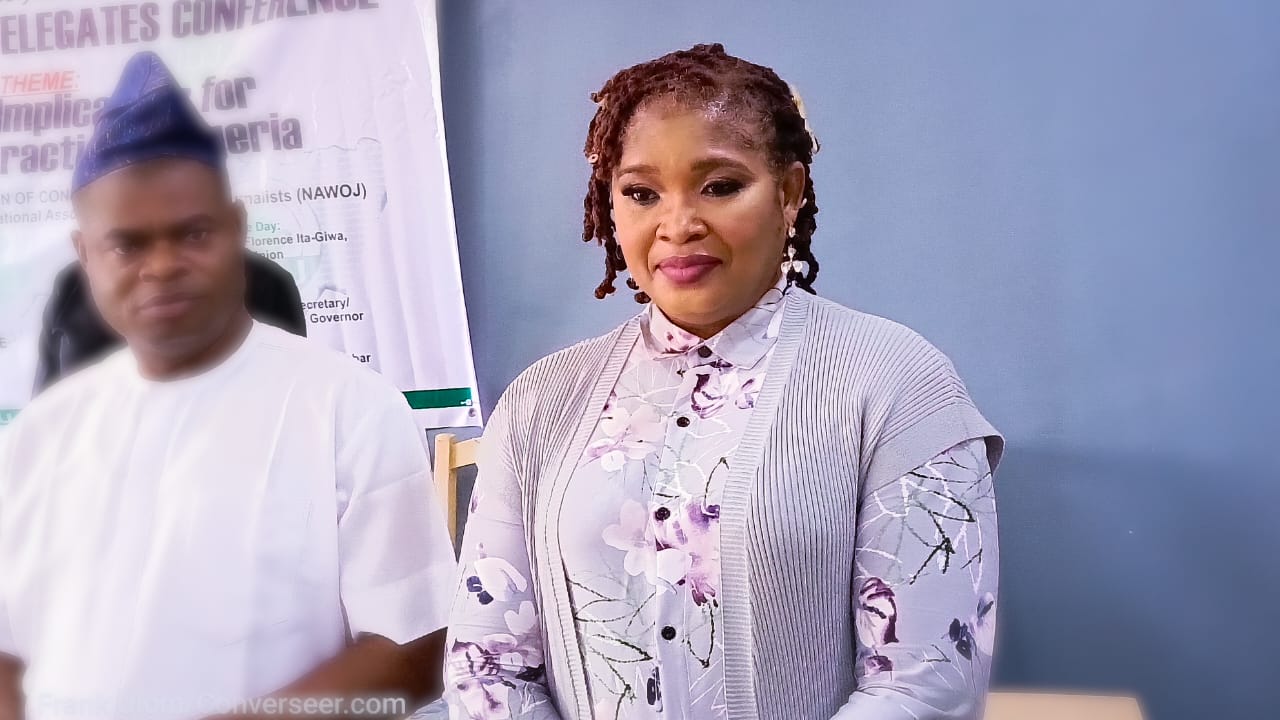President Bola Tinubu, on Wednesday, appointed an 11-member board for the Nigerian National Petroleum Company (NNPC). However, only one woman made the list—and she is not an independent appointee. Instead, she serves as an institutional representative.
The development has sparked concerns about gender representation in leadership roles within Nigeria’s oil sector.
Leadership Overhaul
In a major shake-up, Mr Tinubu sacked NNPC’s Group Chief Executive Officer, Mele Kyari and board chairperson Pius Akinyelure.
Bayo Ojulari has now been appointed as the new Group CEO and Ahmadu Musa Kida as non-executive chairperson.
“Six board members, non-executive directors, represent the country’s geopolitical zones. They are Bello Rabiu, North West, Yusuf Usman, North East, and Babs Omotowa, a former managing director of the Nigerian Liquified Natural Gas (NLNG), who represents North Central,” Mr Onanuga wrote.
“President Tinubu appointed Austin Avuru as a non-executive director from the South-South, David Ige as a Non-executive director from the Southwest, and Henry Obih as a non-executive director from the Southeast.”
Others are Aminu Ahmed, a representative of the Ministry of Petroleum Resources, Adedapo Segun, the chief financial officer, and Mrs Jafiya.
Mr Onanuga said, “President Tinubu also handed out an immediate action plan to the new board: to conduct a strategic portfolio review of NNPC-operated and Joint Venture Assets to ensure alignment with value maximisation objectives.”
Continuing Gender Discrimination?
Despite persistent advocacy for gender balance, appointments to leadership positions in Nigeria’s oil sector, and indeed across most spheres of governance, remain overwhelmingly male-dominated.
The latest appointments also contradict President Tinubu’s promise to “feature women prominently” in governance.
Nigeria’s oil and gas sector is a major driver of the economy and is the largest foreign exchange earner for the West African country.
However, like in many other sectors, women are underrepresented in leadership positions, and Mr Tinubu’s appointments continue this trend.
Bala Zakka, an oil and gas analyst, told PREMIUM TIMES that the appointment is “skewed,” adding that Nigeria has competent women who could be appointed to the NNPC board.
Mr Zakka said he believes that there will likely be subsequent appointments that would reflect diversity.
He, however, said if there are no changes in subsequent appointments, it should be challenged.
“And I will want my use of the word challenge to be technically viewed, not to look at it from a confrontational level,” he said.
“And what I mean by challenge is, it needs to be questioned.”
Mr Zakka said at global levels, gender inclusivity, diversity are reflected in national, state and local activities, and he would be surprised if the development is overlooked.
“The petroleum sector is central to Nigeria’s economy, influencing energy policies, national revenue, and the cost of living,’’ she said.
“Yet, women remain largely excluded from its leadership, even as they bear the brunt of rising fuel costs, inflation, and economic instability. The singular female representative on the board is an institutional appointee from the Ministry of Finance, not an independent selection, suggesting tokenism rather than genuine inclusivity.”
Implications and solutions
A male-dominated board is less likely to prioritise economic policies that alleviate the disproportionate burden on women and vulnerable groups, Ms Adinya said.
She said that Nigeria risks economic stagnation by sidelining women’s contributions, emphasising global research that shows that diverse leadership, including gender diversity, improves governance, innovation, and economic performance.
The gender advocate urged the president and the National Assembly to take immediate action to enhance diversity and inclusion.
“The National Assembly must enact laws that make the 35/50 per cent required in the revised National Gender Policy inclusion quota mandatory in all government appointments,” Ms Adinya said.
“The NNPC and other government institutions must integrate gender-responsive policies to ensure balanced representation and inclusive decision-making.”
Support PREMIUM TIMES’ journalism of integrity and credibility
At Premium Times, we firmly believe in the importance of high-quality journalism. Recognizing that not everyone can afford costly news subscriptions, we are dedicated to delivering meticulously researched, fact-checked news that remains freely accessible to all.
Whether you turn to Premium Times for daily updates, in-depth investigations into pressing national issues, or entertaining trending stories, we value your readership.
It’s essential to acknowledge that news production incurs expenses, and we take pride in never placing our stories behind a prohibitive paywall.
Would you consider supporting us with a modest contribution on a monthly basis to help maintain our commitment to free, accessible news?
Make Contribution
TEXT AD: Call Willie – +2348098788999
© Premium Times









